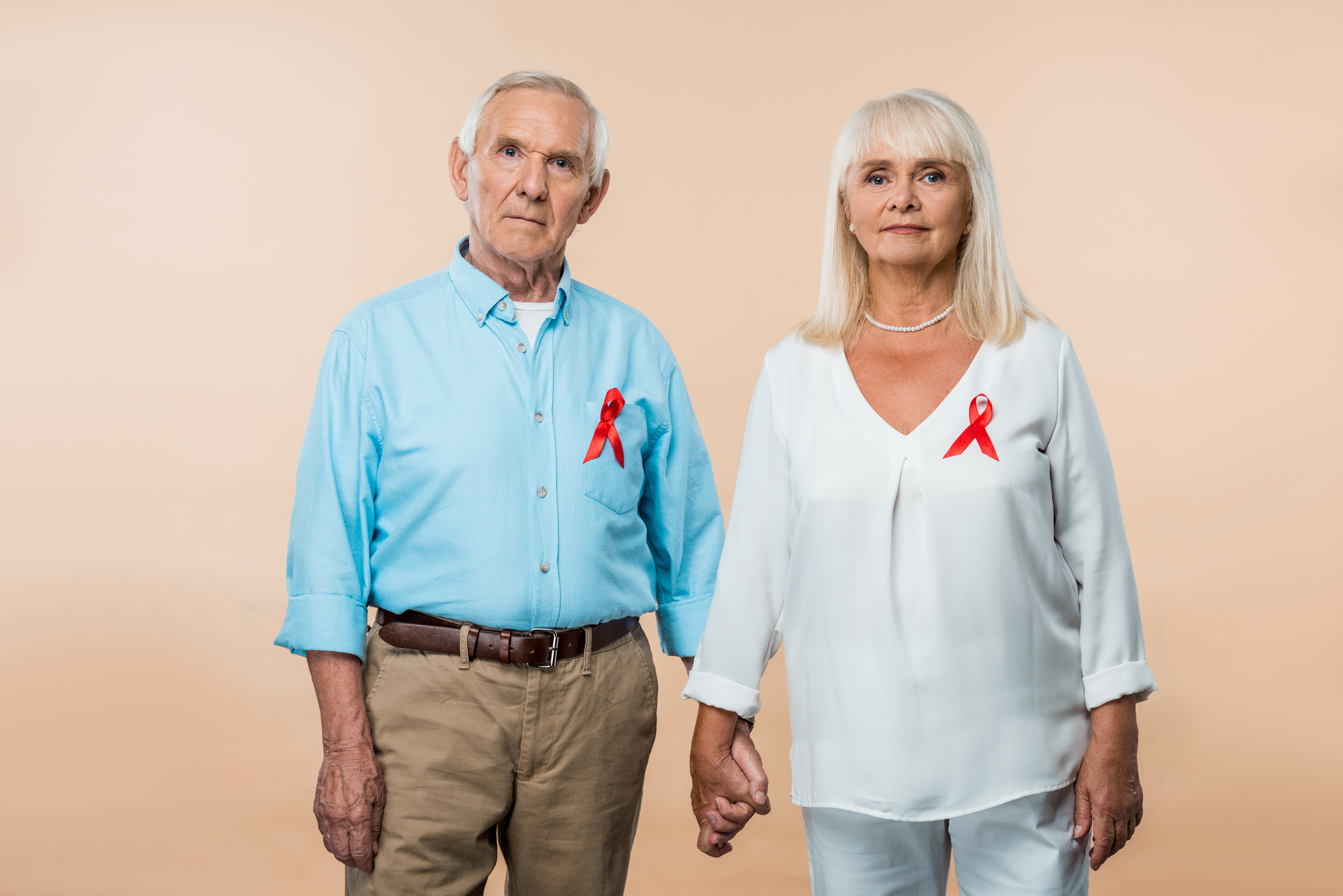As the proportion of older adults in the population continues to rise with the Baby Boomer generation reaching retirement age, the incidence of seniors living with HIV is also increasing. Meeting the complex needs of these people will require more education, increased services and greater prevention efforts.
According to a recent McMaster Optimal Aging Portal post, there are about 63,100 Canadians living with HIV (human immunodeficiency virus) and it is estimated that six people are infected with HIV each day. One in seven of those with HIV are not aware of their infection. With greater life expectancies for people living with HIV due to improved antiretroviral treatment along with more older adults receiving an HIV diagnosis, the number of HIV-positive seniors is growing. Common chronic illnesses like heart disease, diabetes and cancer associated with aging, combined with a diagnosis of HIV can be complicated for older adults, especially groups without strong social and family support.
Many of the older adults living with HIV are groups that are stigmatized; just under half of HIV positive people are gay, bisexual or men who have sex with men. Older members of the LGBTQ community are often discriminated against and even bullied, especially in assisted living homes. Housing, social status, income and a sense of community all have an impact on health and quality of life for seniors.
Older adults also tend to be less knowledgeable about the transmission of HIV, leaving them vulnerable to infection as more seniors remain sexually active. Seniors are less likely to get tested for HIV, although the risk factors are the same for adults of any age. According to the Centers for Disease Control and Prevention, in 2016, nearly half of Americans diagnosed with HIV were over the age of 50. It is recommended that everyone between the ages of 13 and 64 gets tested for HIV at least once and people at higher risk get tested more often. As an increasing number of older adults are diagnosed with HIV it’s important to ask your partner about their sexual history and if they have been tested for HIV, had unprotected sex or injected drugs.
Learn more about HIV, AIDS and Older People by following this link to the National Institute on Aging.






Add Your Voice
0 Comments
Join the Discussion